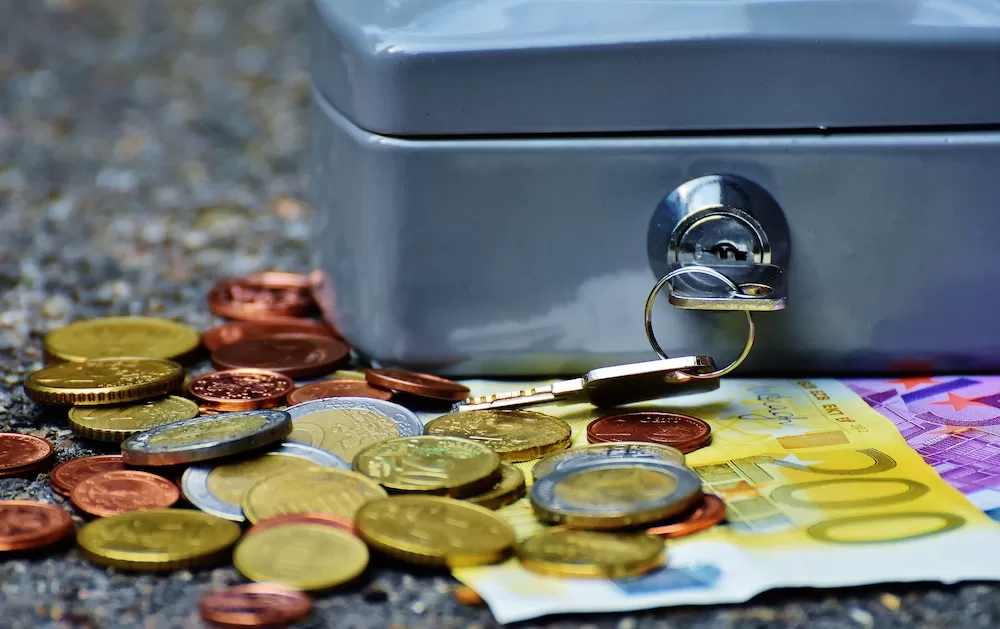Imagine buying your own property in Spain! Whether it's a
luxury home in Barcelona or Madrid. A stunning vacation villa in Alicante or Ibiza. Or even a charming little house in Seville or Girona. There are so many beautiful places in the country that purchasing a place here is like a dream come true. And in order to make that dream a reality, you'll need to get a mortgage in Spain first. From following the procedure to submitting important documents, there's a lot you need to know about this process. Here are the basics to start.
Getting a Mortgage in Spain as a Non-Resident
Before anything else, you're probably wondering if it's legal to take out a mortgage loan in Spain if you're not a citizen or resident. The answer is yes, it is. You don't need to
move to Barcelona, Madrid, or any other place in the country to get mortgage here. What you will need, however, is your
Número de Identificación de Extranjeros (NIE). This is one's tax identification number for foreigners which, among many others, allows them to take out a loan if they ever plan to buy property in Spain. Don't worry! There are non-resident NIEs available too.
The Different Types of Mortgages in Spain
Here in Spain, there are different types of mortgages to choose from. There's the variable-rate mortgage, for instance, which allows you to take advantage of low rates and other mortgage schemes. A fixed-rate mortgage, on the other hand, is less risky. It shows you exactly how much you need to repay per month. Moreover, you can also combine the two through a mixed-interest rate mortgage. It has all the benefits, as well as the risks, of the variable-rate and fixed-rate mortgages. And while it's nearly impossible to get a mortgage in Spain without a
local bank account, you can still get a non-euro mortgage if you want to use another currency.
The Required Documents
As you start the process of taking out a mortgage loan in Spain, the financial institution may ask you to show a few important documents first. They include your NIE number, proof of income (which can also be proof of employment), your signed pre-sales contract with the seller, property tax statements, and records of your current assets. If applicable, you should also show details of your current debts/mortgages, copies of property deeds under your name, and prenuptial agreements. Among all of these, your NIE number is the most important since you can't get any mortgage loan in Spain if you don't have it.
The Mortgage Costs in Spain
Ever since 2019, the costs of getting a mortgage in Spain have become the same as those of the rest of the EU. In order to take out a mortgage loan in this country, you'll need to pay registration fees, notary fees, and if you
hired a real estate agent, their agency fees. The registration fees will typically cost around 1% of the total value of the property in Spain you're planning to purchase, plus VAT. Your notary fees, on the other hand, will depend on how old the place is. If it's older than five years, the fees will cost 6% to 8% plus VAT. If it's fairly new, they'll only cost around 2% to 3% plus VAT.
Best Spanish Banks That Lend Mortgage to Foreigners
Though there are many financial institutions in Spain that can lend you a mortgage loan, your best bet, especially as a non-resident, is a Spanish bank. But which Spanish bank?
Expatica listed down
Banco Santander Central Hispano and
CaixaBank as the most suitable for your situation. These local banks are the most welcoming when it comes to foreign clients. Of course, there's always the option of going to an international bank as well. The likes of
Chase or
IMS will do since they can also easily manage other currencies, which means you can make use of money from your other bank accounts abroad.
Refinancing Your Spanish Mortgage
Now, what if you've already purchased your new property in Spain and you have trouble paying back the mortgage? Can you repay the loan by getting another mortgage in Spain? Yes, you can! Whether you go for the same bank or a different financial institution entirely, you can refinance your existing mortgage in Spain with another one. In fact, doing so comes with a few benefits too. You can lower your monthly mortgage payment, adjust the interest-rate scheme, go for a shorter or longer mortgage term, and more. That doesn't sound too bad, right?
Owning property in Spain won't be possible if you don't get a mortgage loan first. It's the only way you could ever afford to purchase a home here! So to start, you ought to learn all the basics of getting a mortgage in Spain!



